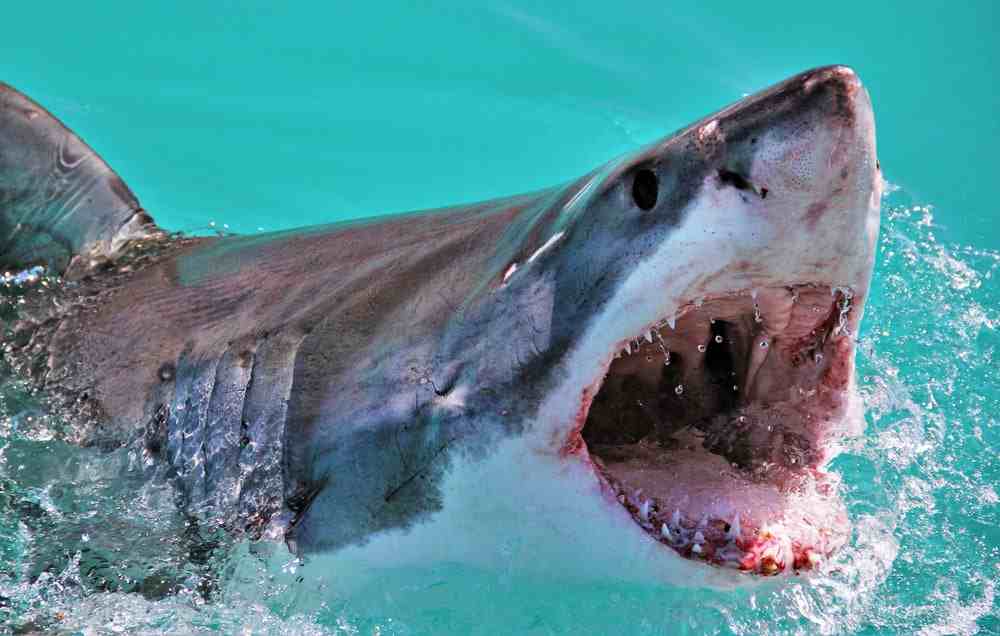Sharks have captivated human imagination for centuries their sleek bodies, powerful jaws, and mysterious nature. But amidst all the fascination, one question often arises: do sharks have tongues? In this article, we delve deep into the anatomy of sharks to uncover the truth behind this intriguing question.
Do Sharks Have Tongues?: Unveiling Shark Anatomy
To understand whether sharks possess tongues, let’s first dissect their anatomy. Sharks, belonging to the class Chondrichthyes, are characterized by their cartilaginous skeletons and streamlined bodies. Their mouths, lined rows of razor-sharp teeth, serve as formidable weapons for hunting prey.
Do Sharks Have Tongues?: The Mouth of a Shark
When we visualize a shark, we often picture rows of teeth ready to tear into flesh. But what about the tongue? Contrary to popular belief, sharks do have structures in their mouths that serve functions akin to tongues, although they are quite different from mammalian tongues.
Gill Rakers and Papillae
Within a shark’s mouth, you won’t find a fleshy, muscular tongue like that of mammals. Instead, sharks possess specialized structures known as gill rakers and papillae. Gill rakers are comb-like projections found along the gill arches, while papillae are small, tooth-like structures covering the tongue-like organ called the basihyal.
The Functionality of Gill Rakers and Papillae
Gill rakers and papillae play crucial roles in a shark’s feeding process. Gill rakers act as filters, trapping prey such as small fish and plankton while allowing water to pass through the gills for oxygenation. Papillae, on the other hand, aid in manipulating prey and directing it toward the esophagus during swallowing.
Evolutionary Significance
The absence of a conventional tongue in sharks raises questions about the evolutionary adaptations that have shaped their anatomy. Through millions of years of evolution, sharks have fine-tuned their feeding mechanisms to suit their predatory lifestyle. The development of gill rakers and papillae highlights the ingenuity of nature in crafting solutions for survival in diverse ecosystems.
Do Sharks Have Tongues?: Dispelling Misconceptions
Despite lacking tongues in the traditional sense, sharks are far from lacking in sophistication. Their unique adaptations demonstrate the versatility of nature in creating diverse forms of life. While sharks may not possess tongues like humans, their specialized oral structures serve them well in the relentless pursuit of prey.
Conclusion
So, do sharks have tongues? While they may not resemble mammalian tongues, sharks possess specialized structures in their mouths that fulfill similar functions. Through the lenses of evolution and adaptation, we gain a deeper appreciation for the diversity of life in our oceans. As we continue to explore the wonders of marine biology, let’s remember that every species, no matter how fearsome or enigmatic, plays a vital role in maintaining the delicate balance of our planet’s ecosystems.
More on AmplifyGlobe
Discover the secrets behind the rich cultures of the Aymaraes, the Nuckelavee, and the Gancanagh. Furthermore, there are the Kazakh, the Sami People, the Ainu of Japan, the Adivasi, the Akha People, and more on AmplifyGlobe.
